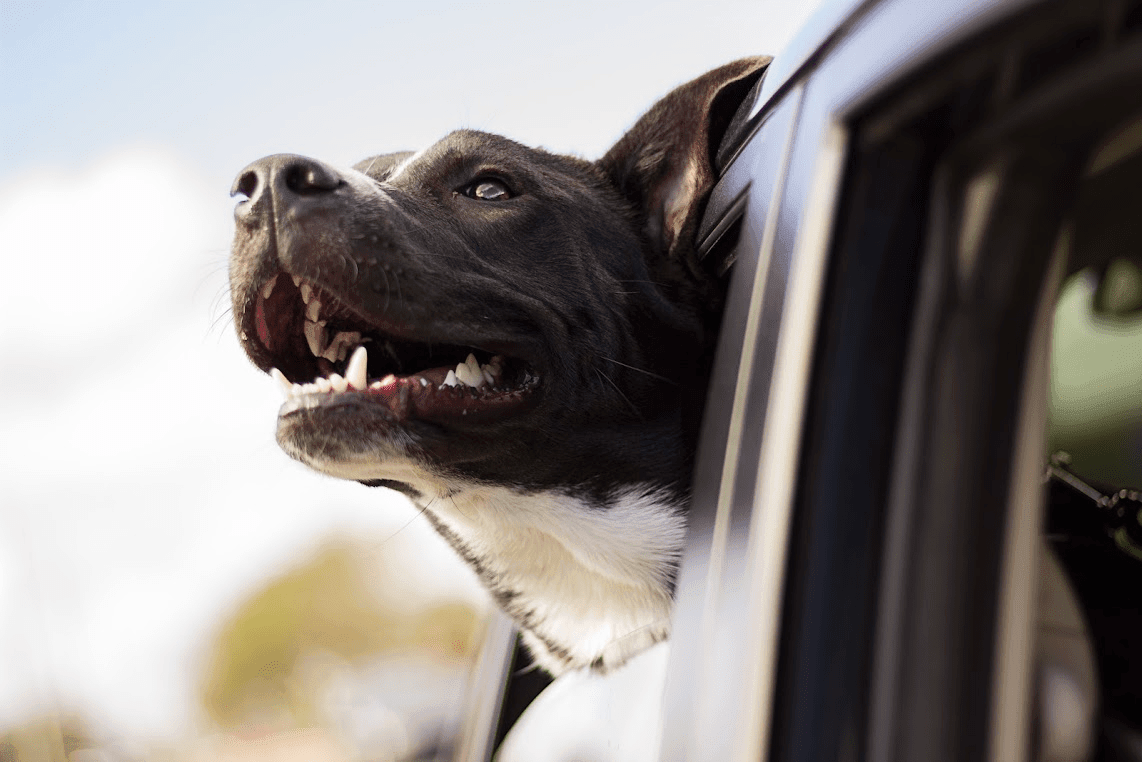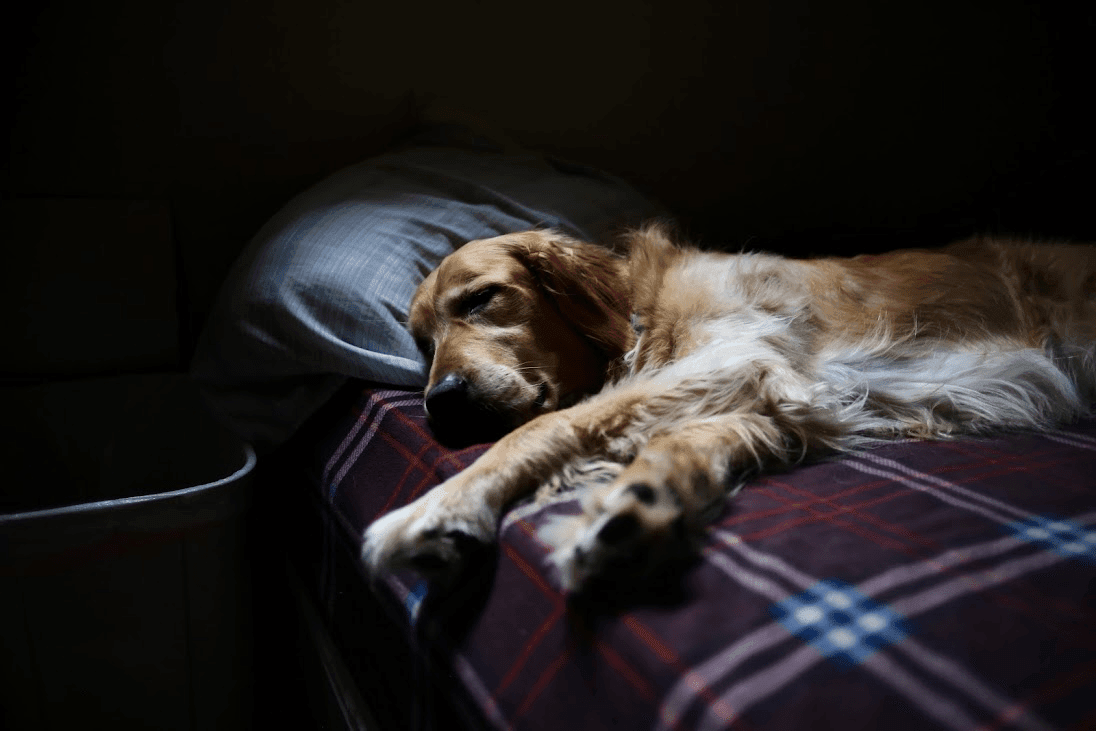ADRENALIN AND COUCH DAYS
Adrenalin's Function in the Body
Adrenalin increases the flow of blood to the brain and muscles to improve the “fight-or-flight” response to stress, or whenever life gets exciting or scary. It works to increase heart rate, breathing rate, and blood pressure while decreasing the flow of blood to and function of organs that are not involved in responding to emergencies (like the digestive system) .
Adrenalin gives that surge of energy in stressful situations.
Adrenalin impacts the release of the stress hormone Cortisol. Under normal circumstances, hormone concentration in the blood is regulated at a constant level. Under stress, this regulation does not work anymore, so raised levels of cortisol in the blood can occur.
Good Stress and Bad Stress
Life can be exciting, scary, and at times, alarming. For your dog, an example of exciting may be a car ride to the dog park , an example of scary may be a visit to the vet , and an example of alarming might be when a pot is dropped in the kitchen. All of these situations would cause adrenalin to be released into the body.
You might think a long walk may reduce your dog's stress, but not if your dog pulls hard on the lead, barks, and lunges at other dogs, or gets worried by loud noises such as cars and trucks. So, a tired dog is not necessarily a calm or happy dog.
If you constantly engage in activities which cause your dog to be stressed or aroused, your dog will have high levels of stress hormones in the bloodstream which can deplete the body, create fatigue and eventually lead to muscle atrophy.
The body’s stress-chemical production is cumulative and can take time (e.g. weeks to months) to return to normal, particularly if stressors occur in rapid succession or frequently (e.g. daily).
What Can You Dog To Reduce Your Dog's Stress?
It is impossible to avoid all stress in life. If your dog experiences a particularly stressful situation, it is a good idea to take your dog home and spend a few days helping him to chill out and reset.
This may include:
Not taking your dog outside the yard and just chill out at home (aka ‘couch days’)
Engage your dog in varied and interesting enrichment activities such as Kongs and food puzzle toys
Do some basic training or tricks training
Nose work games such as finding a treat under a row of plastic cups, or hiding food in the yard
Learn techniques such as Tellington Touch to help your dog relax.
Life Is Stressful!
Arousal and excitement do have their places. Some dogs love high energy play or playing catch and Frisbee. And minor stressors are all just part of life. Just make sure you have the best of both worlds to offer your dog!


